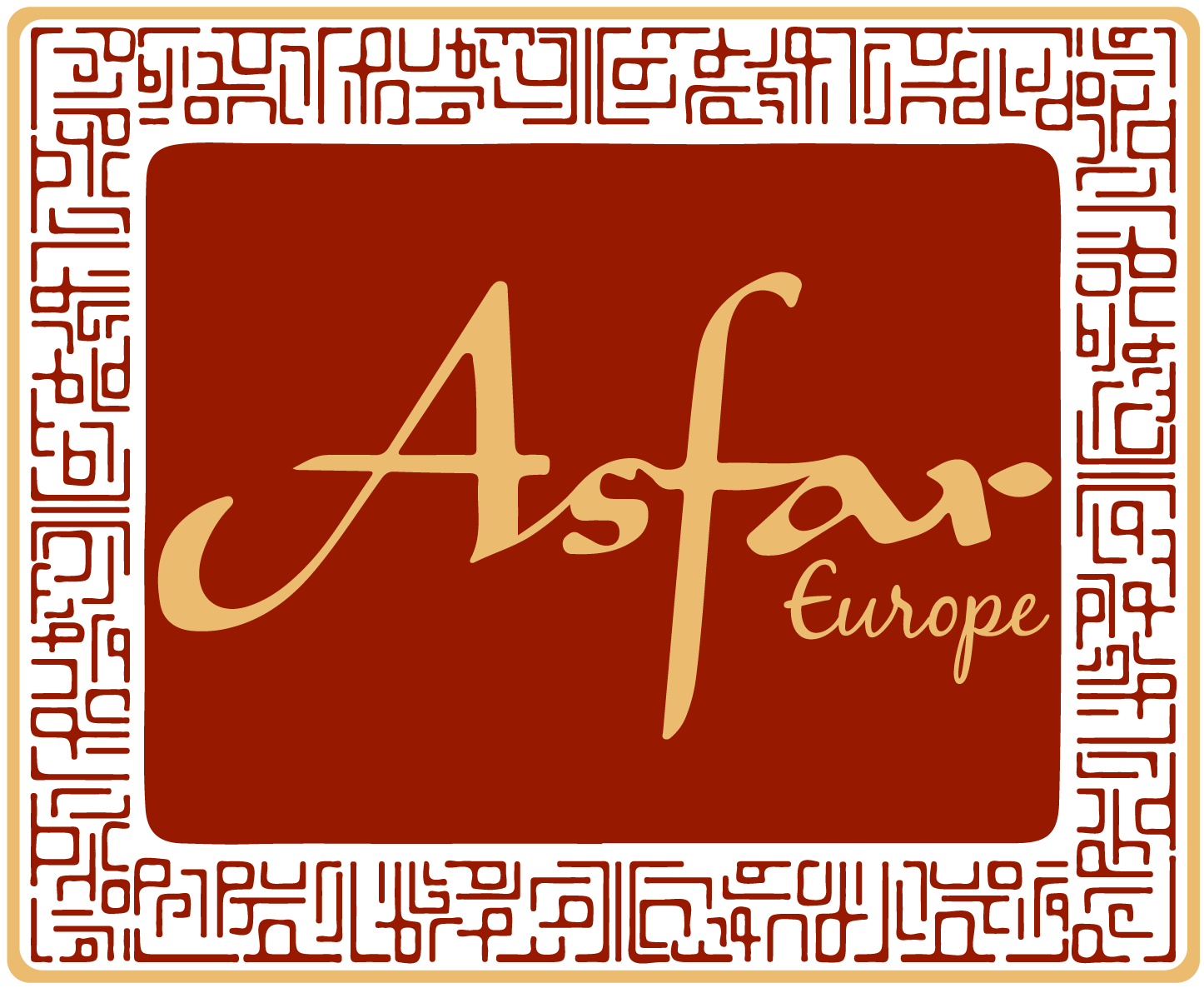What is Erasmus+
Asfar’s Erasmus+ programmes provide unique opportunities for young people, aged 18 to 30 years old, both from the UK and the Middle East, to participate in Transnational activities including Youth Exchanges, Volunteering, informal Language learning and Cultural exchanges.
Between January and July 2015, Asfar will organise 3 Erasmus+ programmes between UK, Turkey, Jordan and Palestine. All of Asfar’s Erasmus+ programmes include:
- Free travel opportunities to the Middle East, via a Transnational activity;
- Inter-cultural engagement;
- Investigation into different Societies; Faiths; History; Citizenship; Cultural tolerance;
- Informal Language learning in Arabic, Turkish and English;
- Digital; Social Action; Employability & Photography Skills.
Each Erasmus+ programme has different aims and objectives, however, all involve opportunities to develop new skills, meet fellow young people from different countries and gain real cultural experiences of the Middle East, beyond the realms of politics and conflict.
What is Erasmus+?
Erasmus+ is the European Union programme for education, training, youth and sport. It runs for seven years, from 2014 to 2020, with organisations invited to apply for funding each year to undertake creative and worthwhile activities.
Erasmus+ aims to modernise education, training and youth work across Europe. It is open to education, training, youth and sport organisations across all sectors of lifelong learning including school education, further and higher education, adult education and the youth sector.
The Erasmus+ programme in the UK falls under the authority of the Department for Business, Innovation & Skills (BIS). The programme itself is managed in the UK by the UK National Agency, a partnership between the British Council and Ecorys UK.
Changing lives, opening minds: Erasmus+ will help participants at all stages of their life, from school through to adulthood, to pursue stimulating opportunities for learning. It will help them to gain the valuable life-skills and international experience they need to succeed in today’s world.
It offers pupils, students, young people, adults, professionals, lecturers, youth workers and teachers a unique opportunity to obtain education, training, development and work experience in another European country and beyond, both inside and outside the classroom. Benefits include personal and professional development, the opportunity to broaden cultural horizons, boost confidence, and develop language skills and many more. These are felt not only at an individual level, but also among the education, training and youth support systems of all the participating countries and their wider communities.

